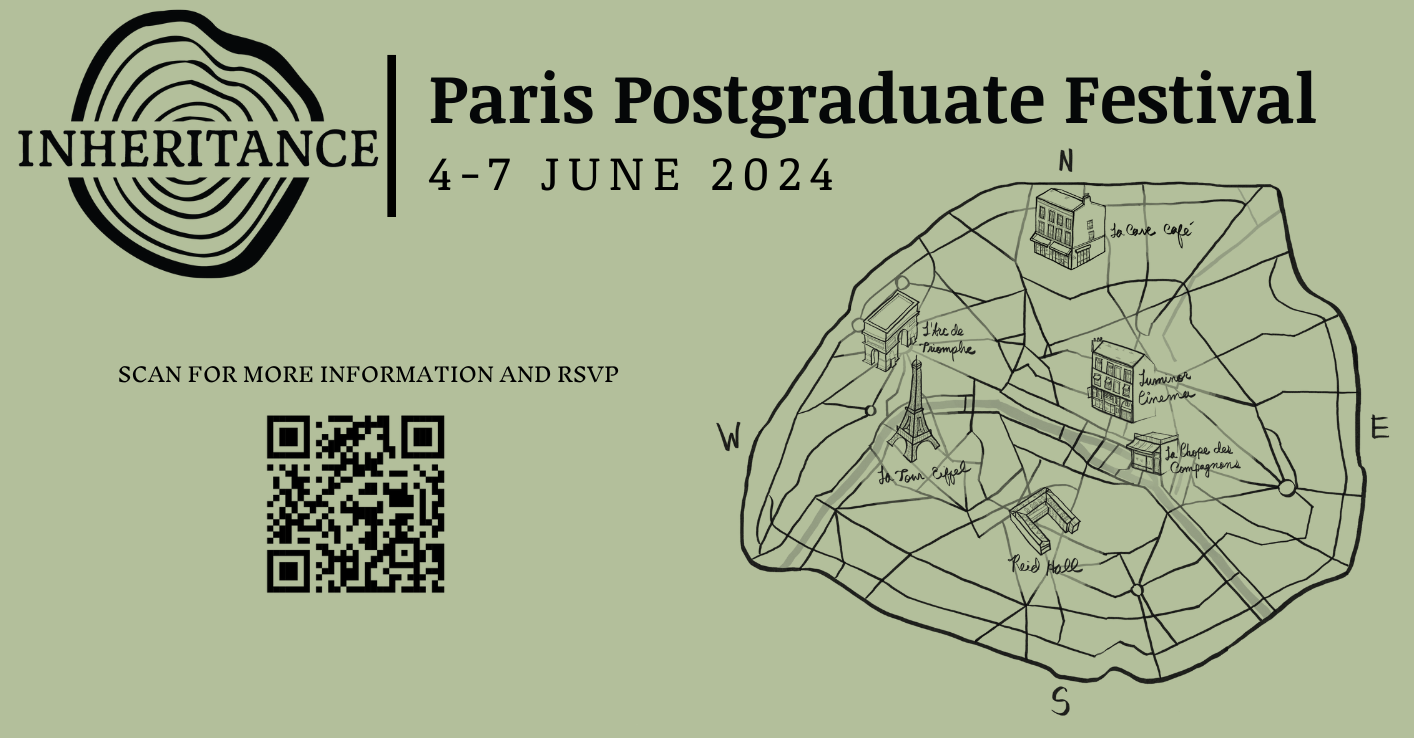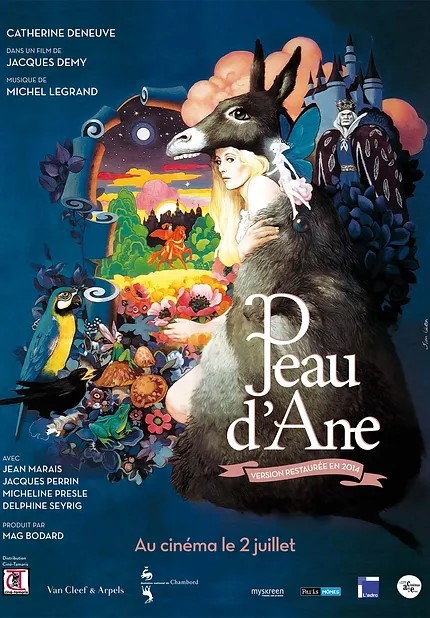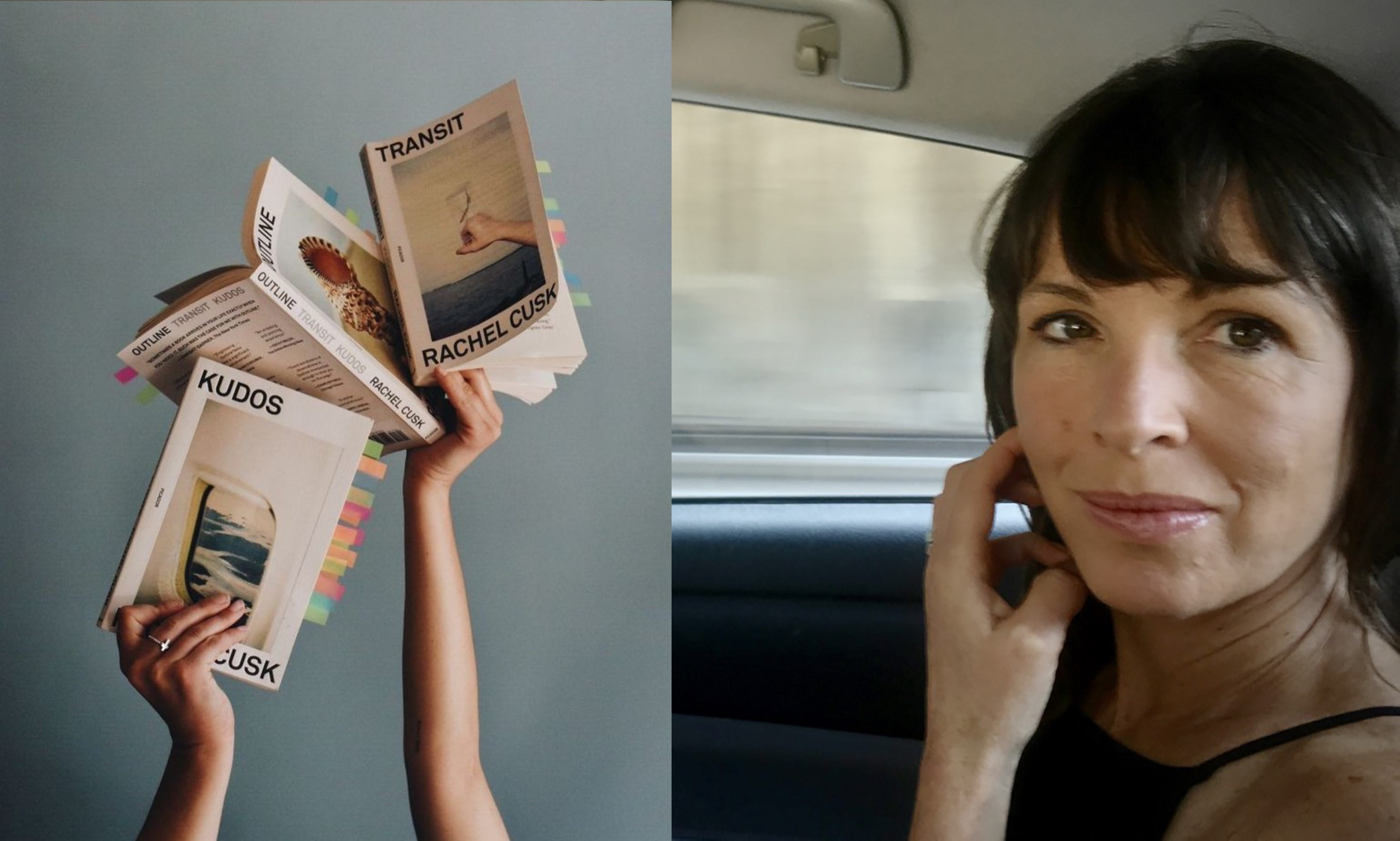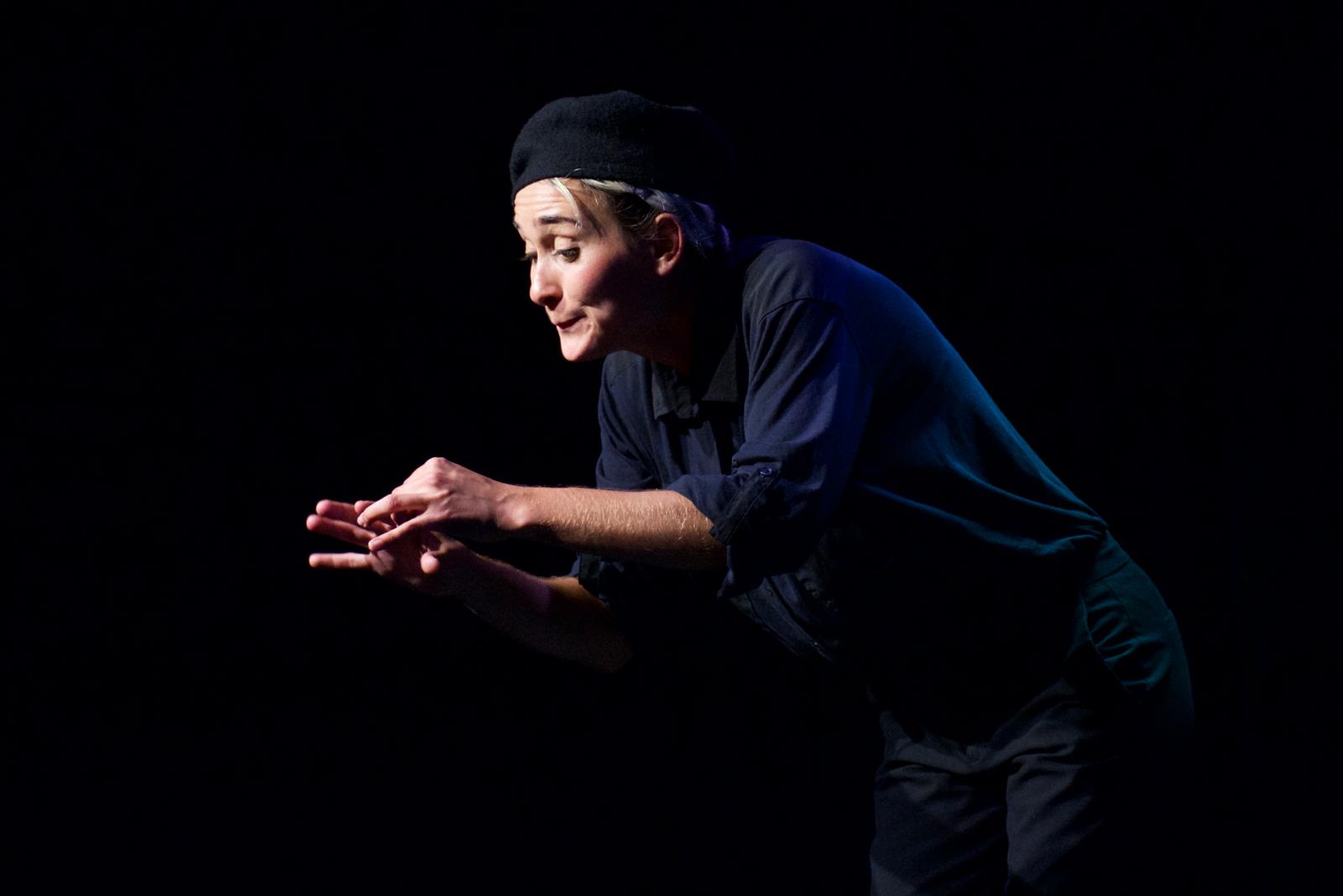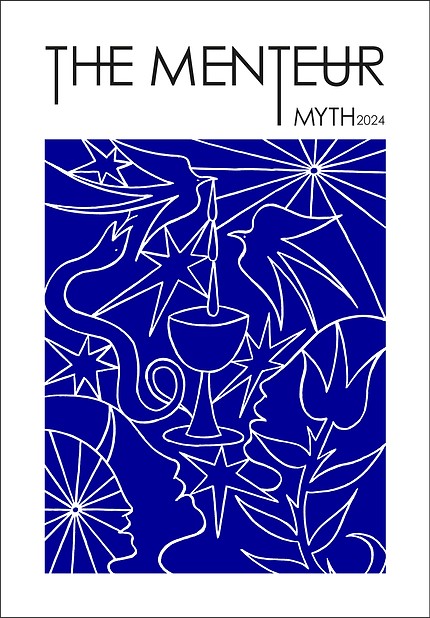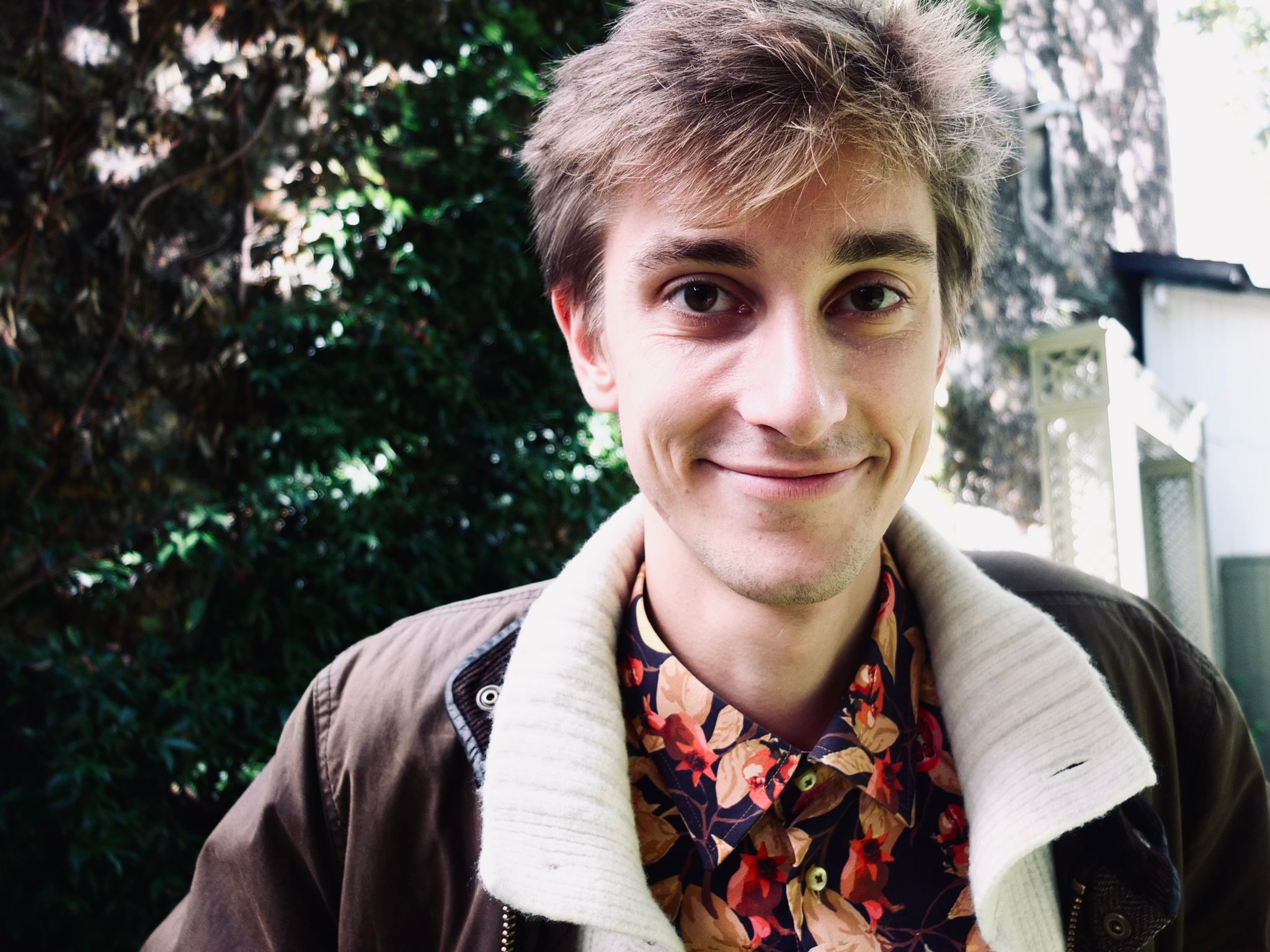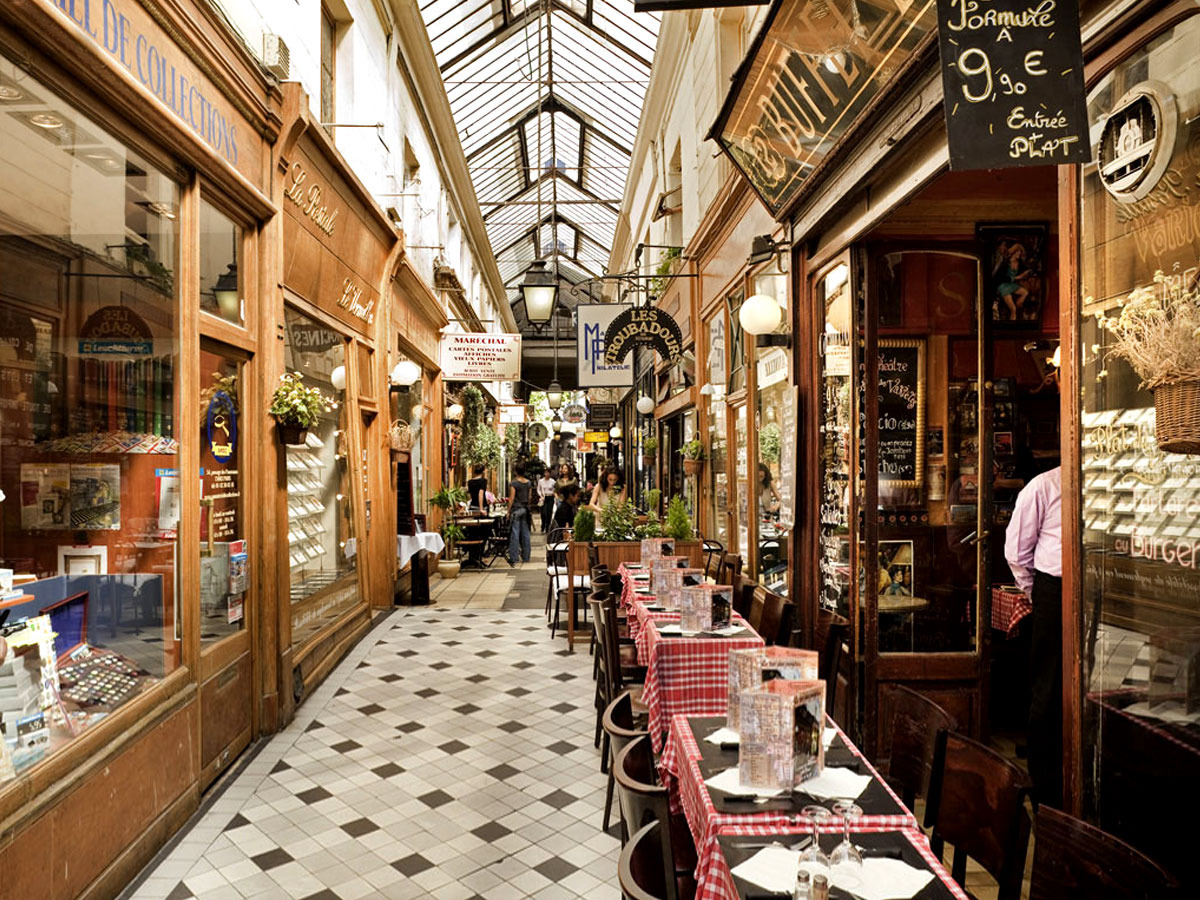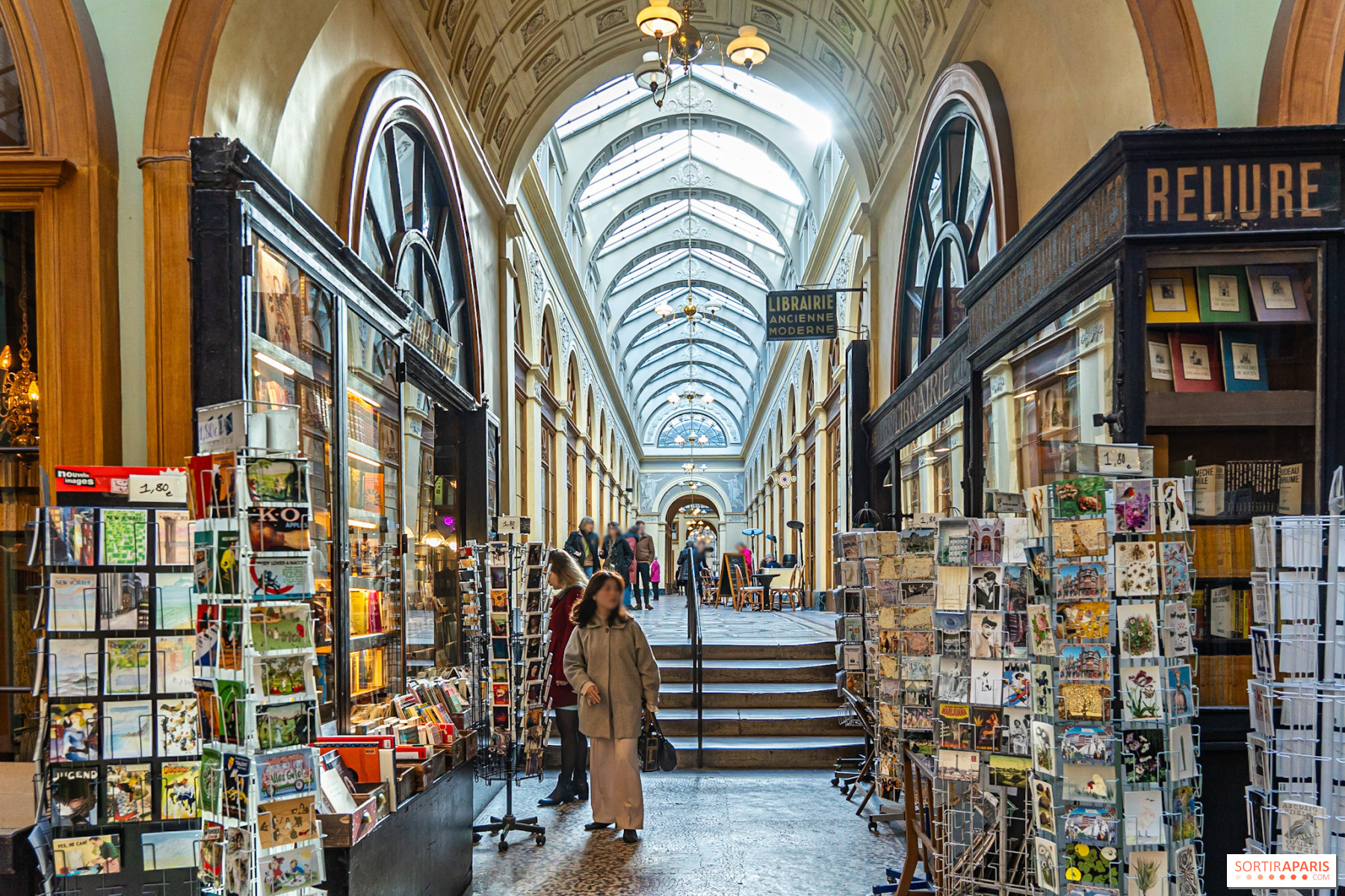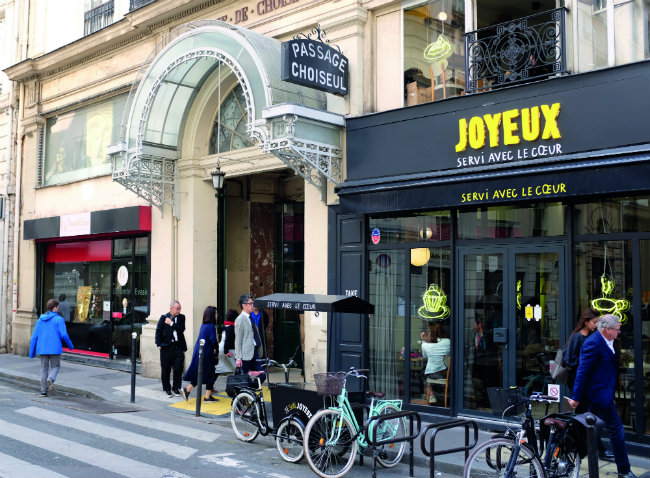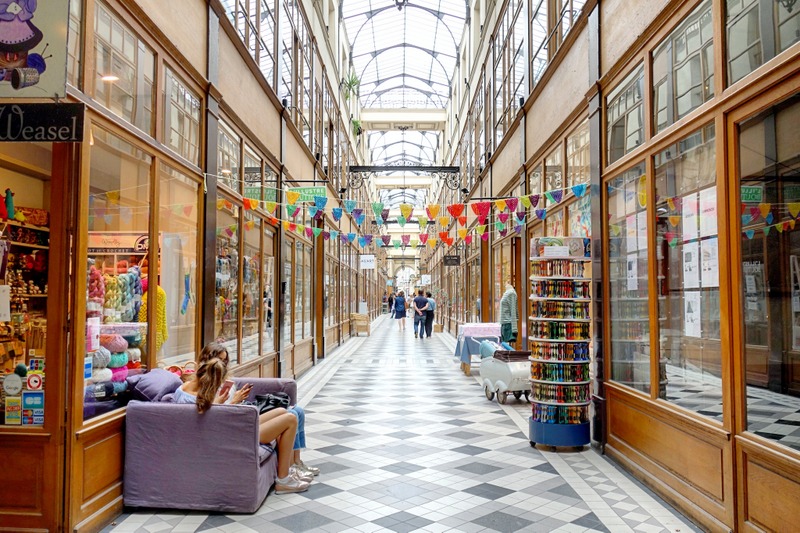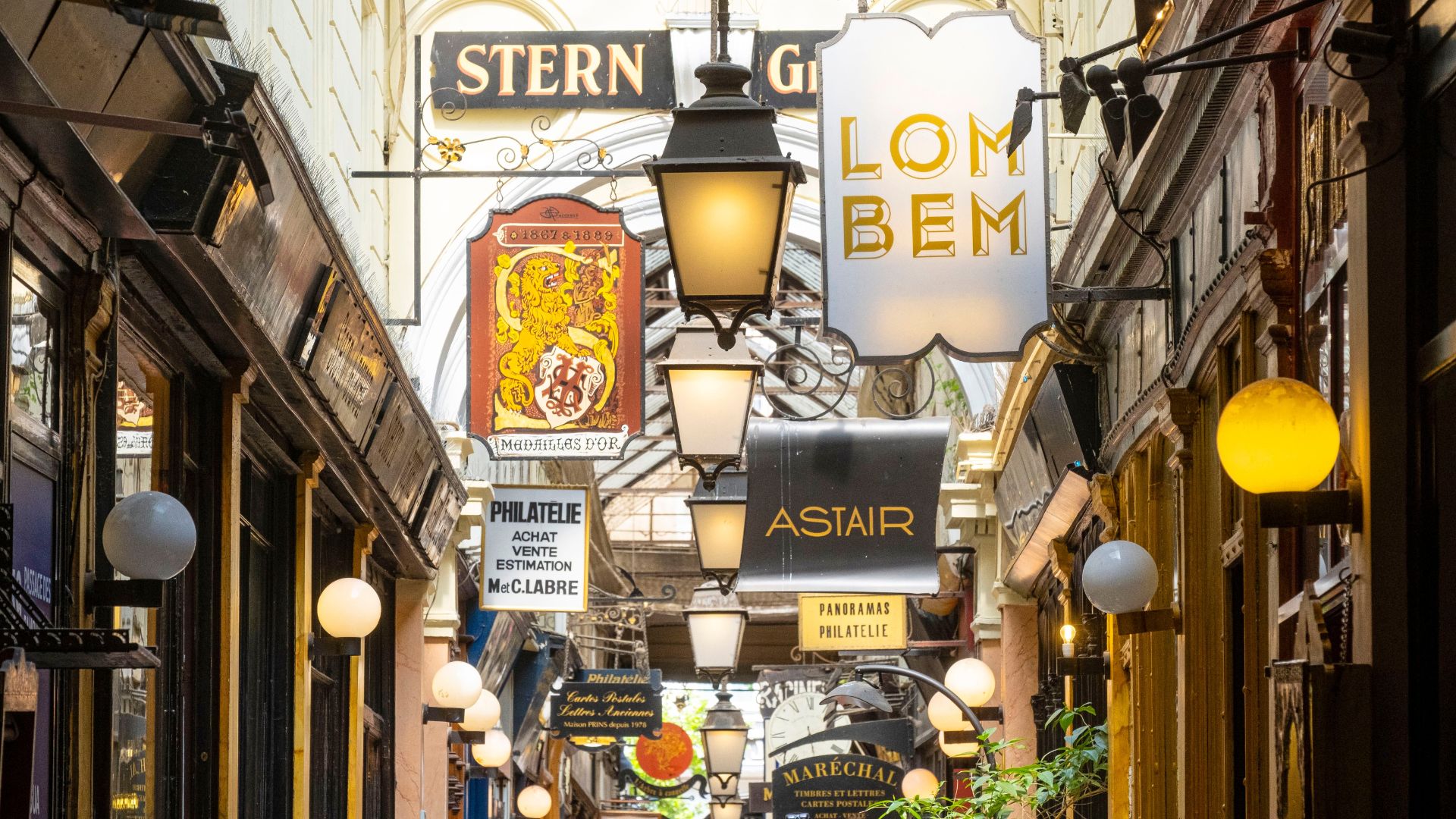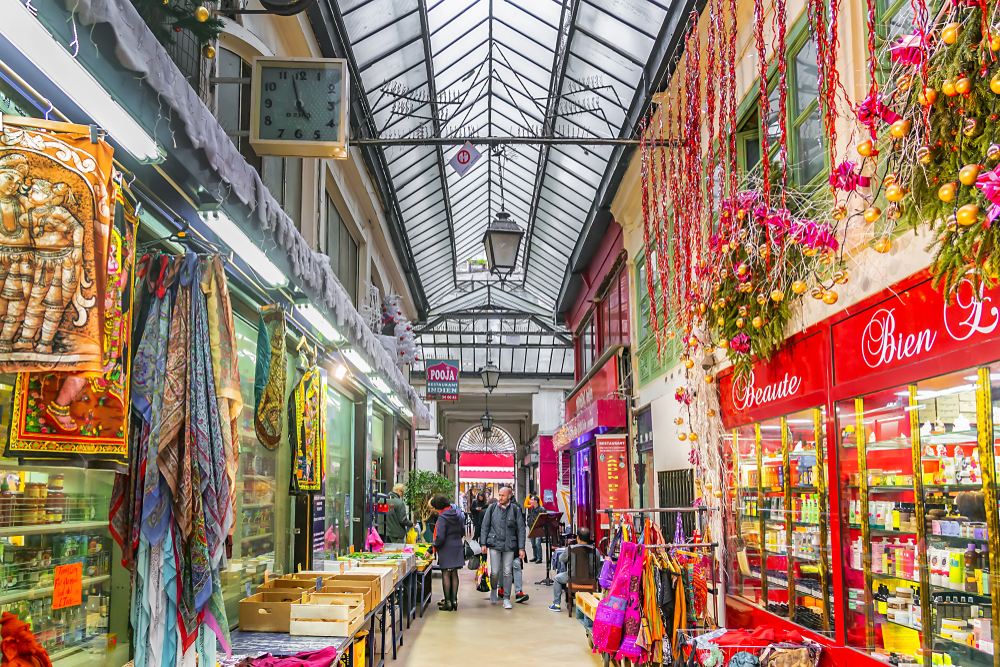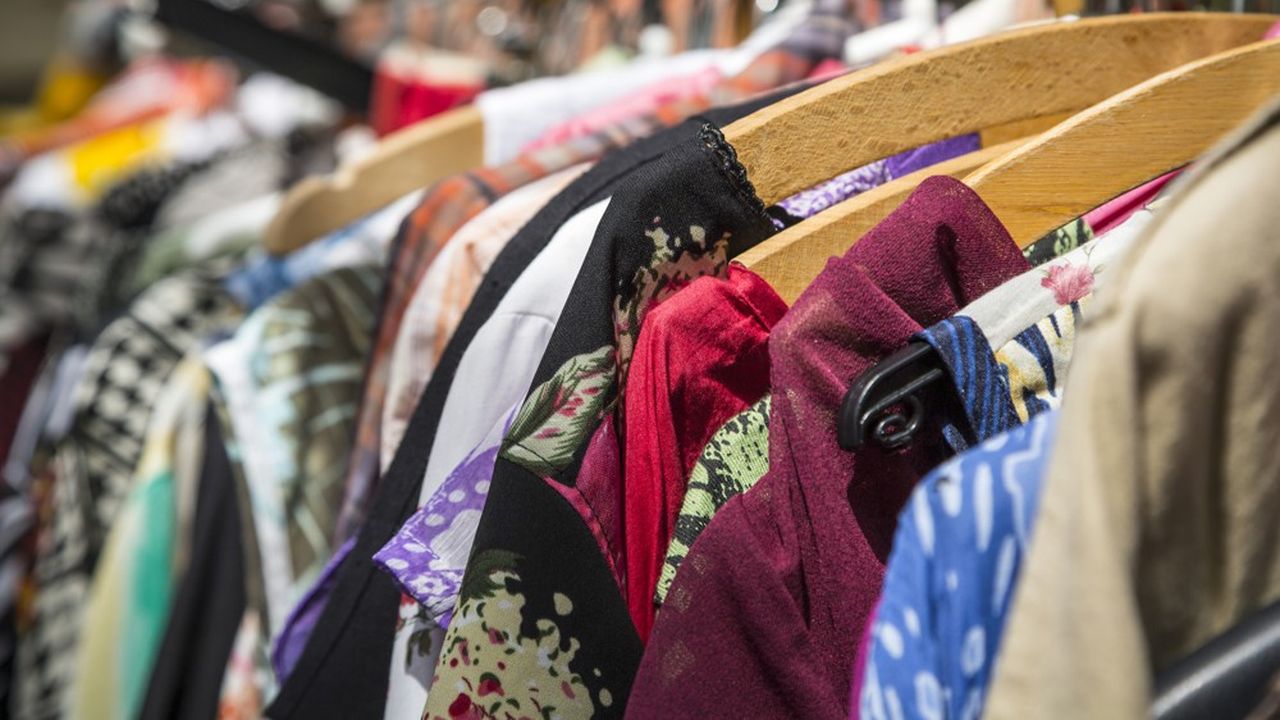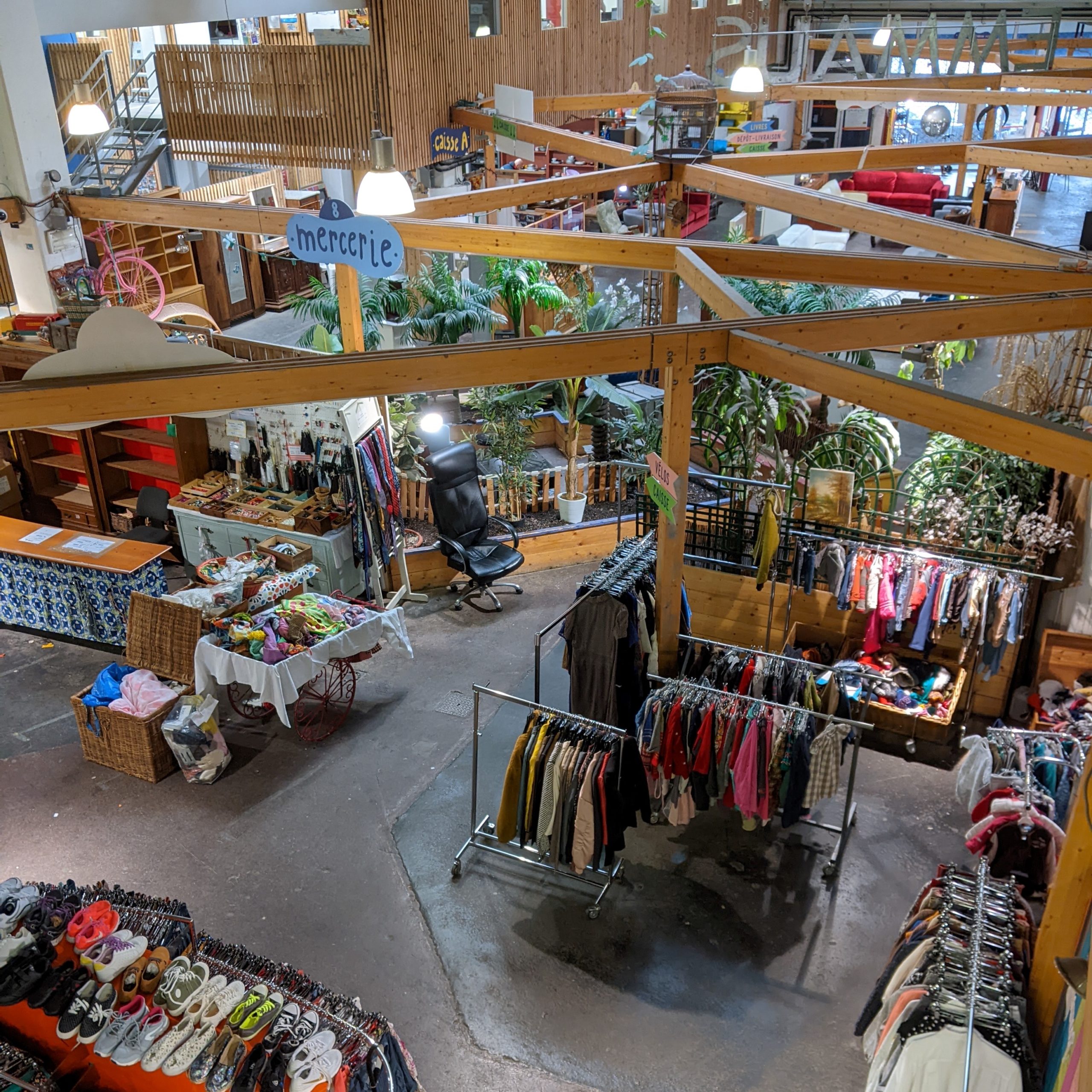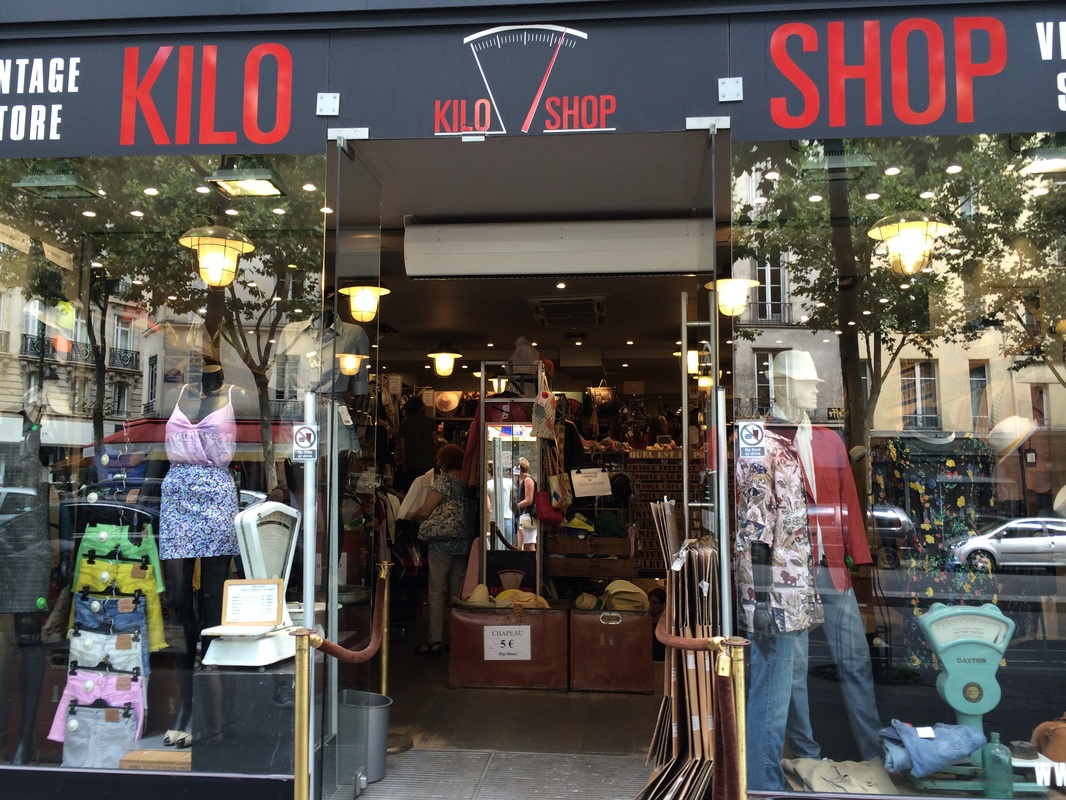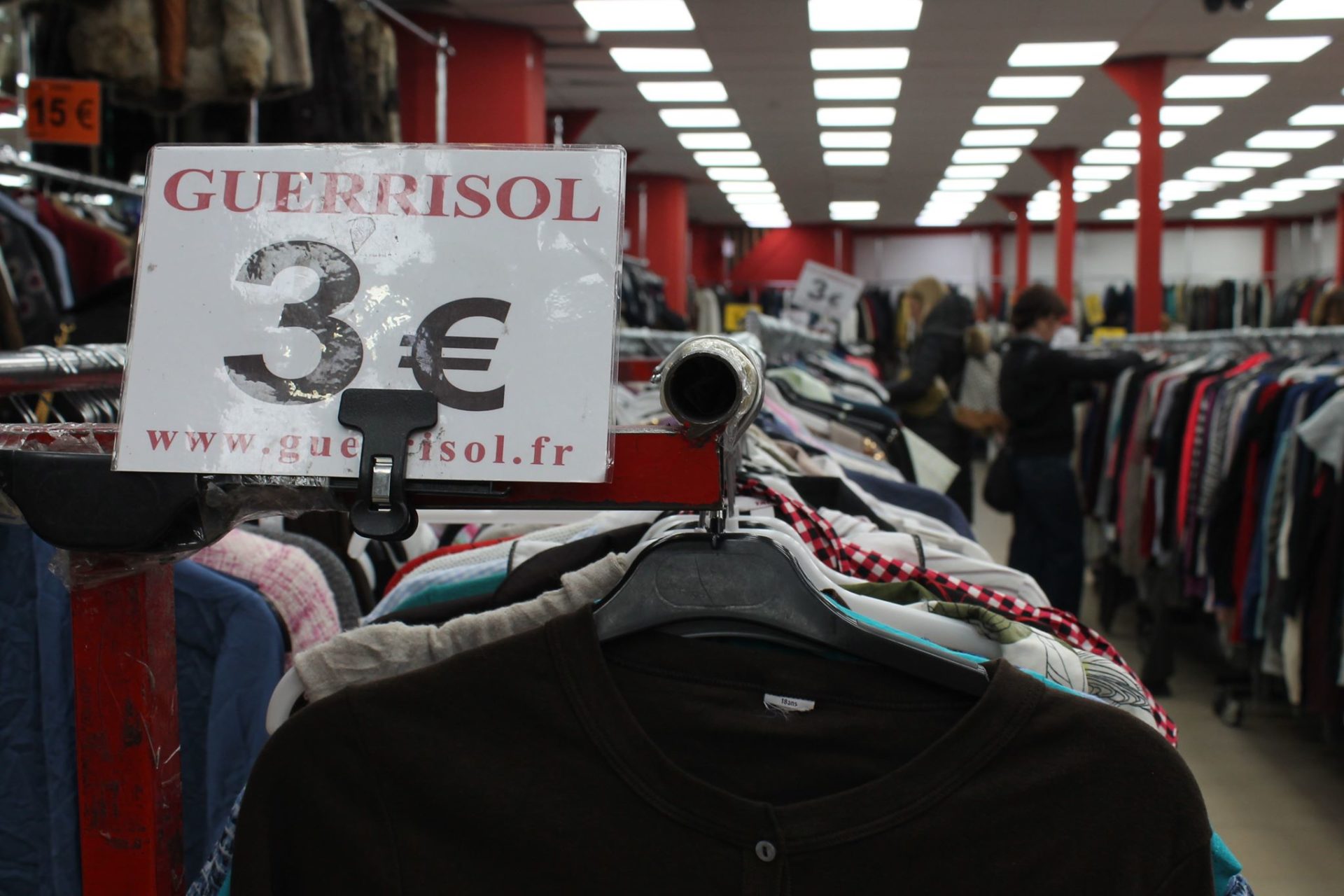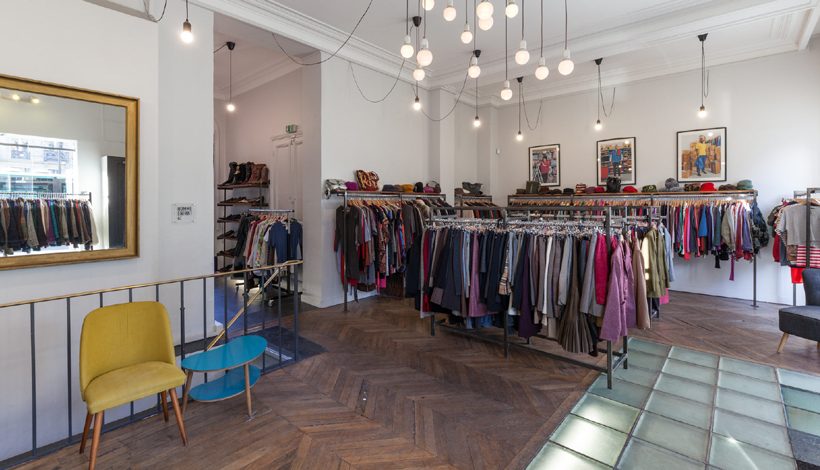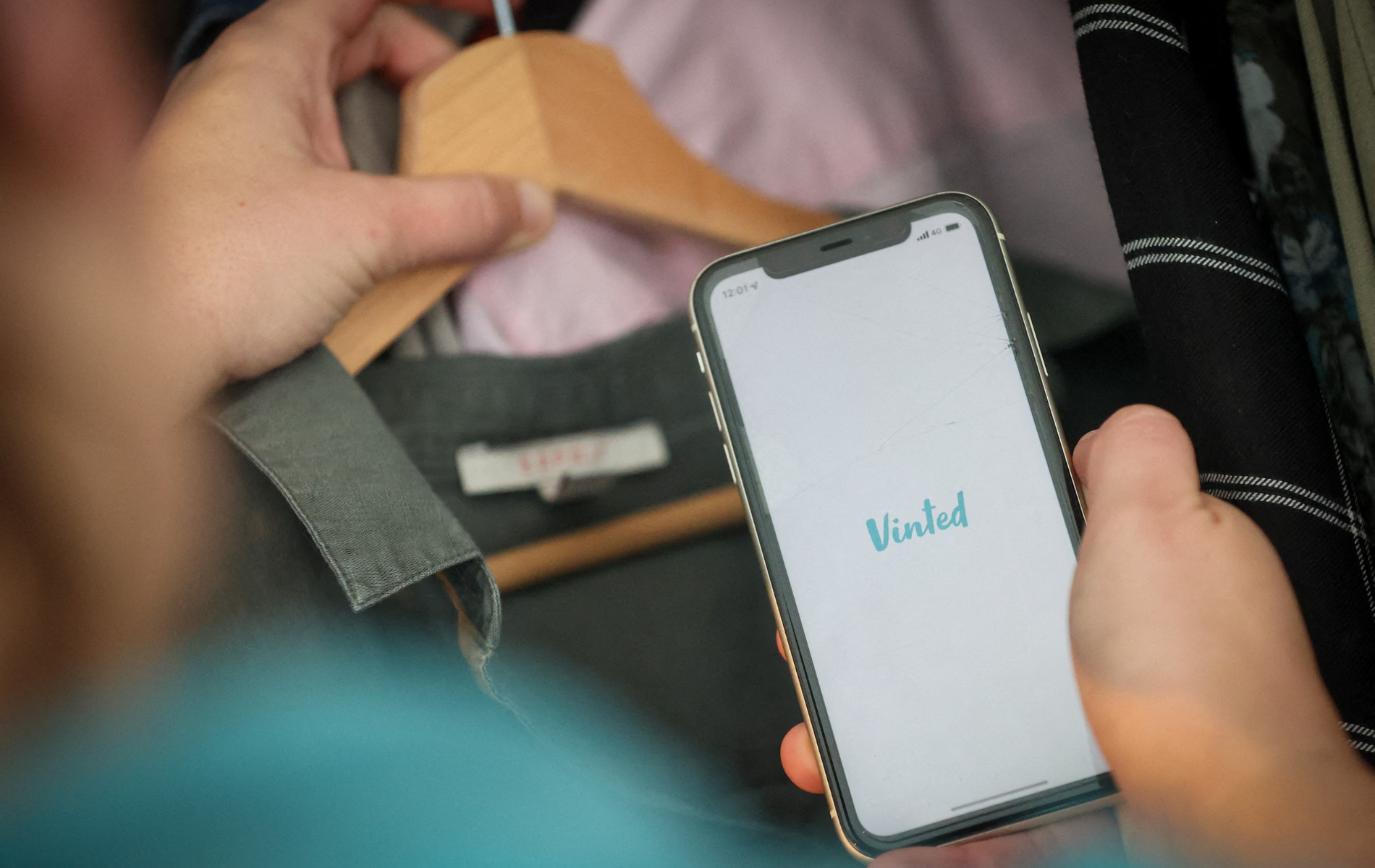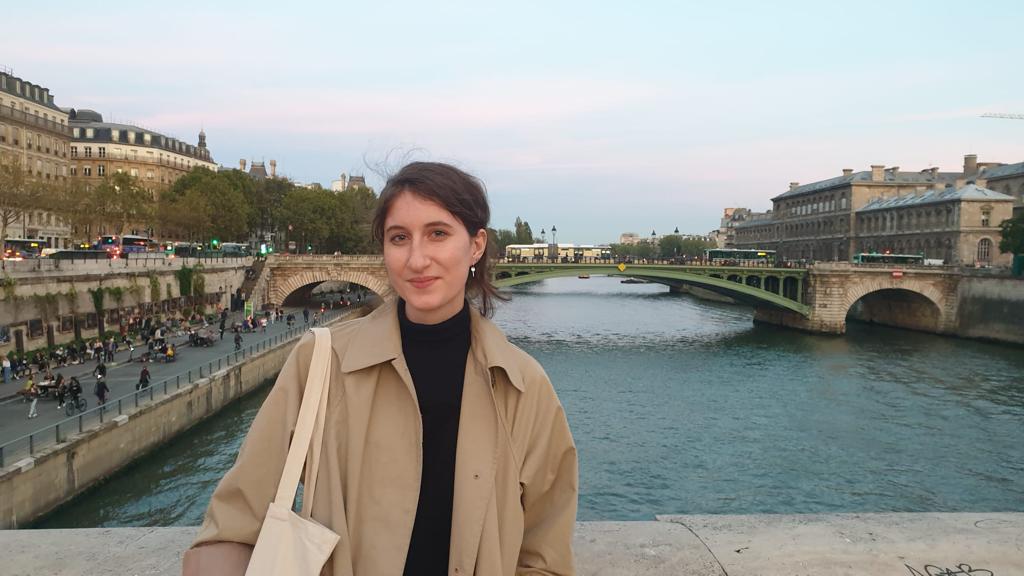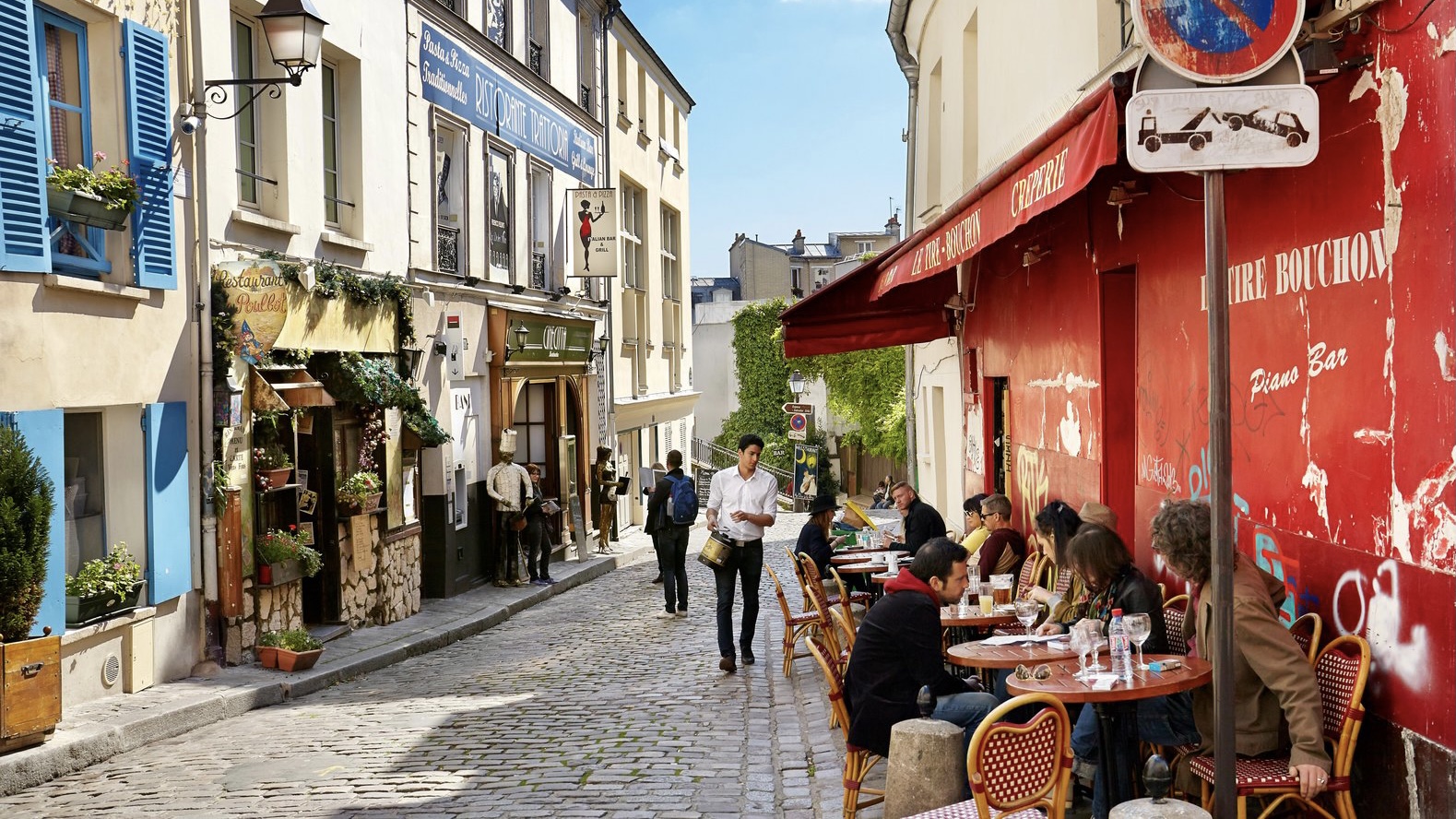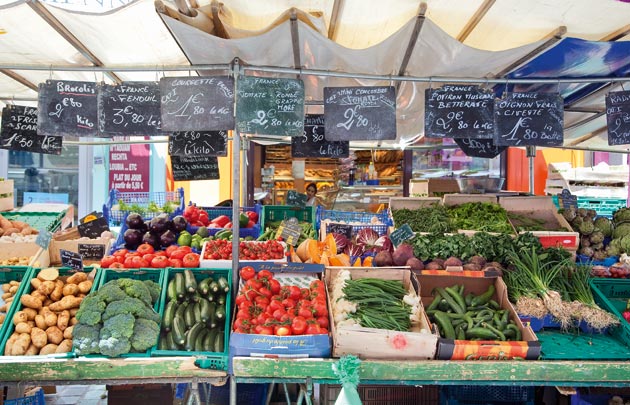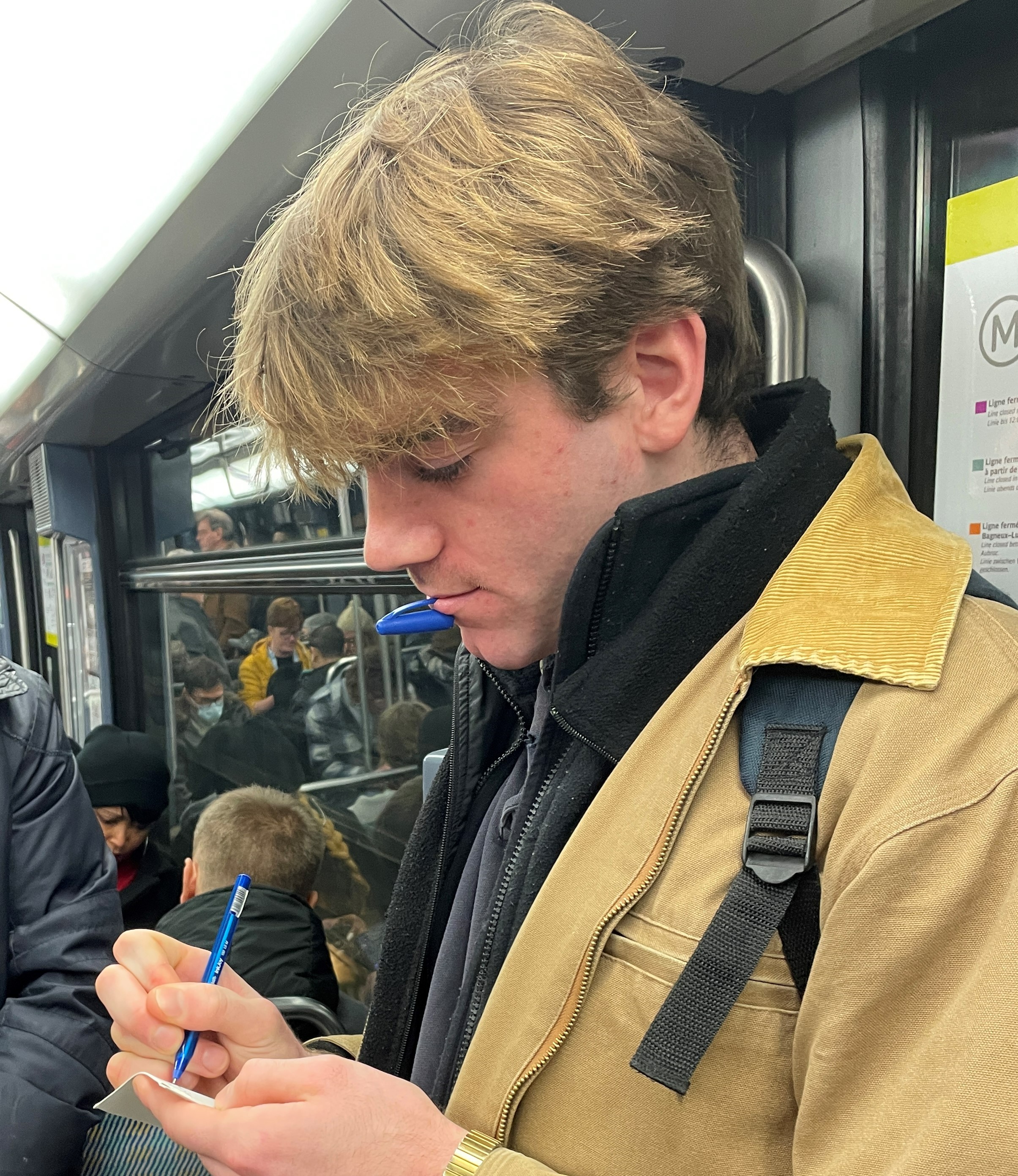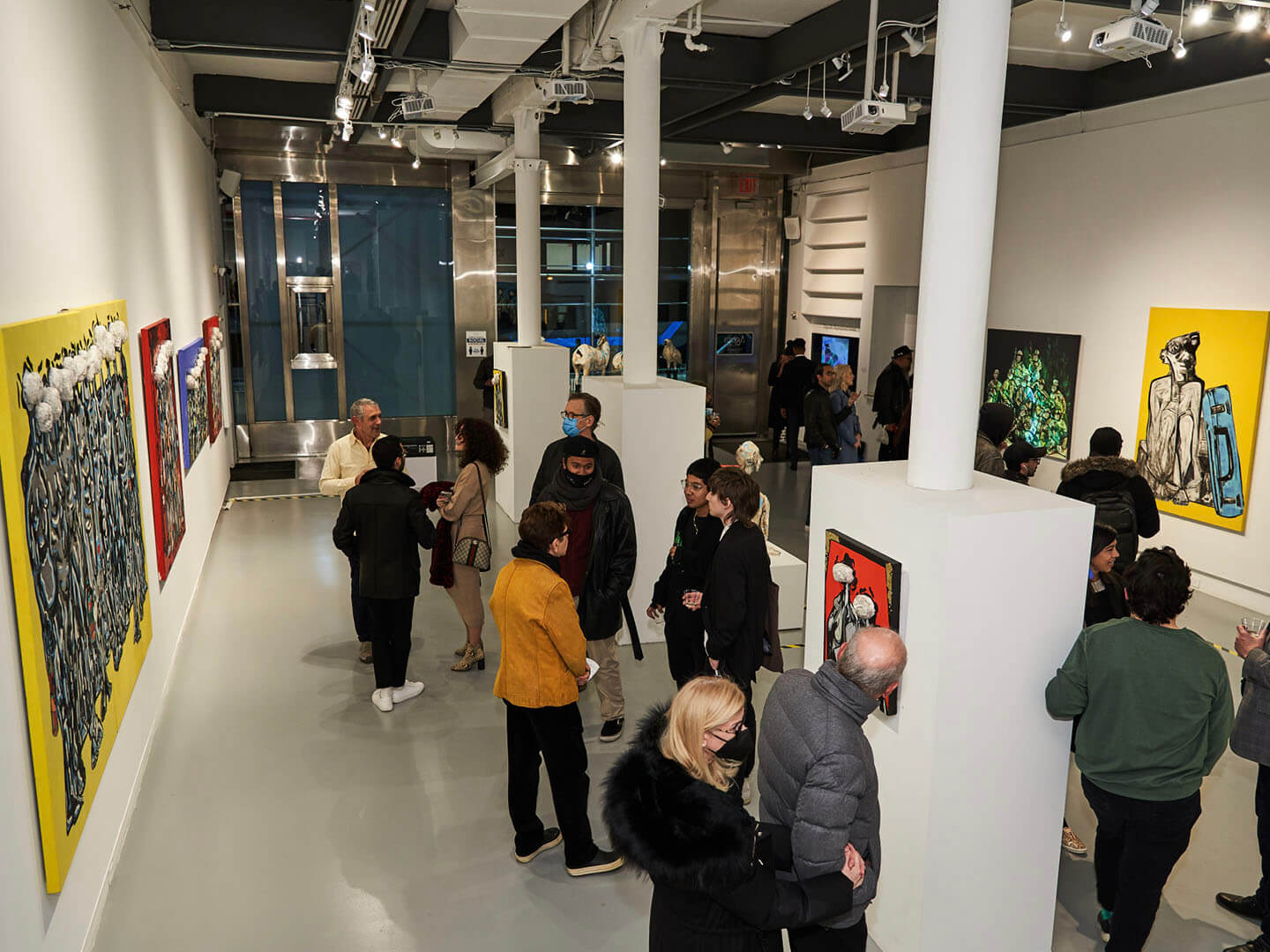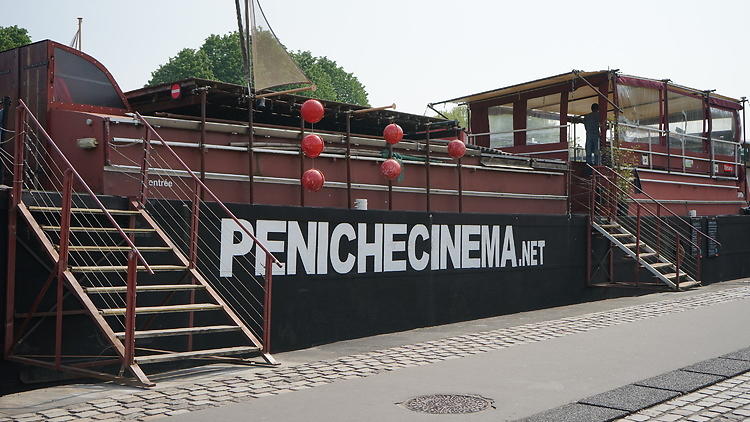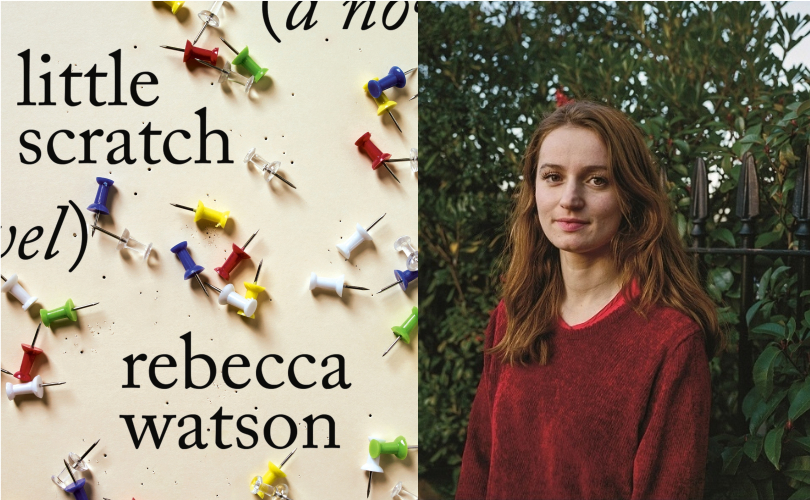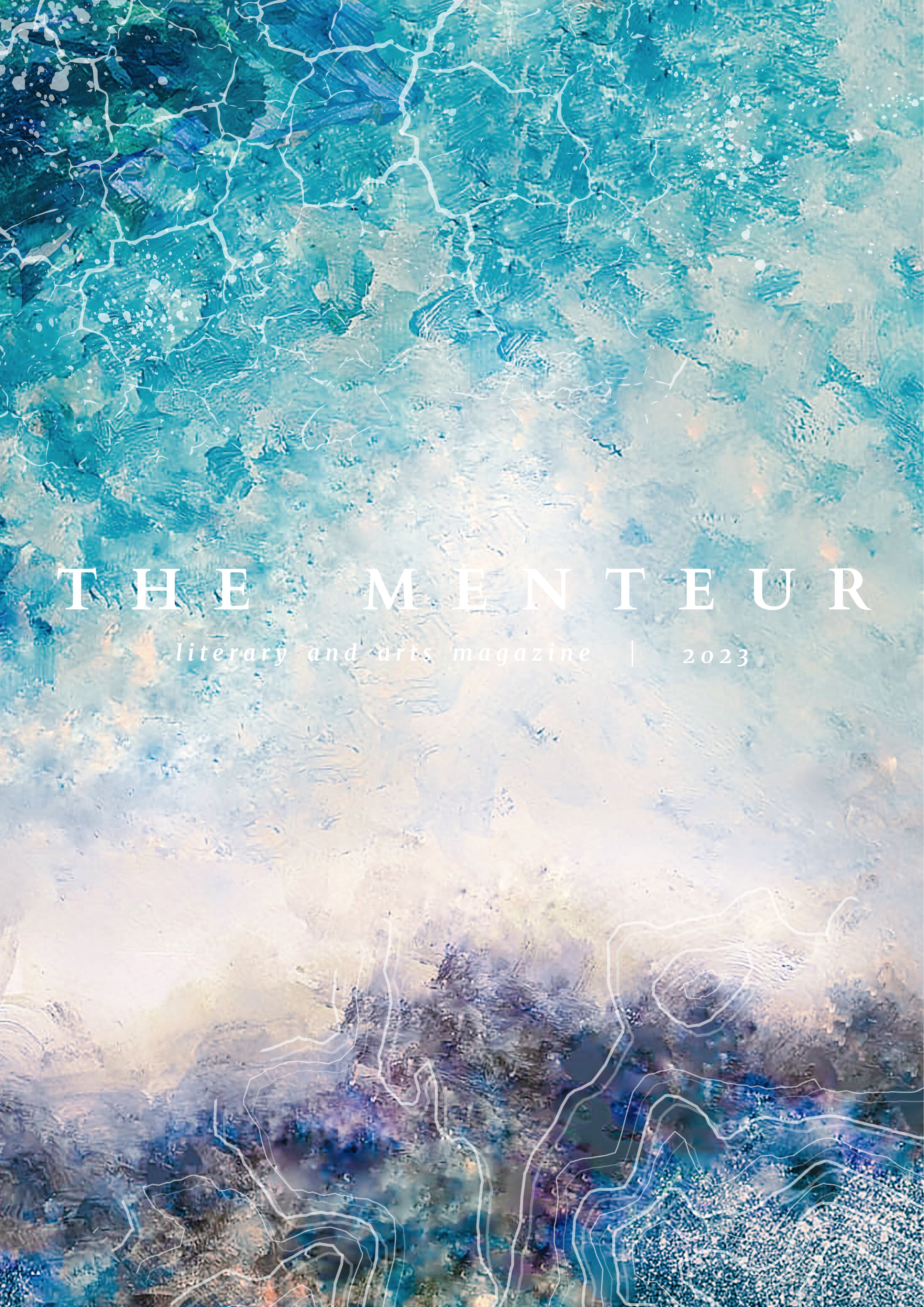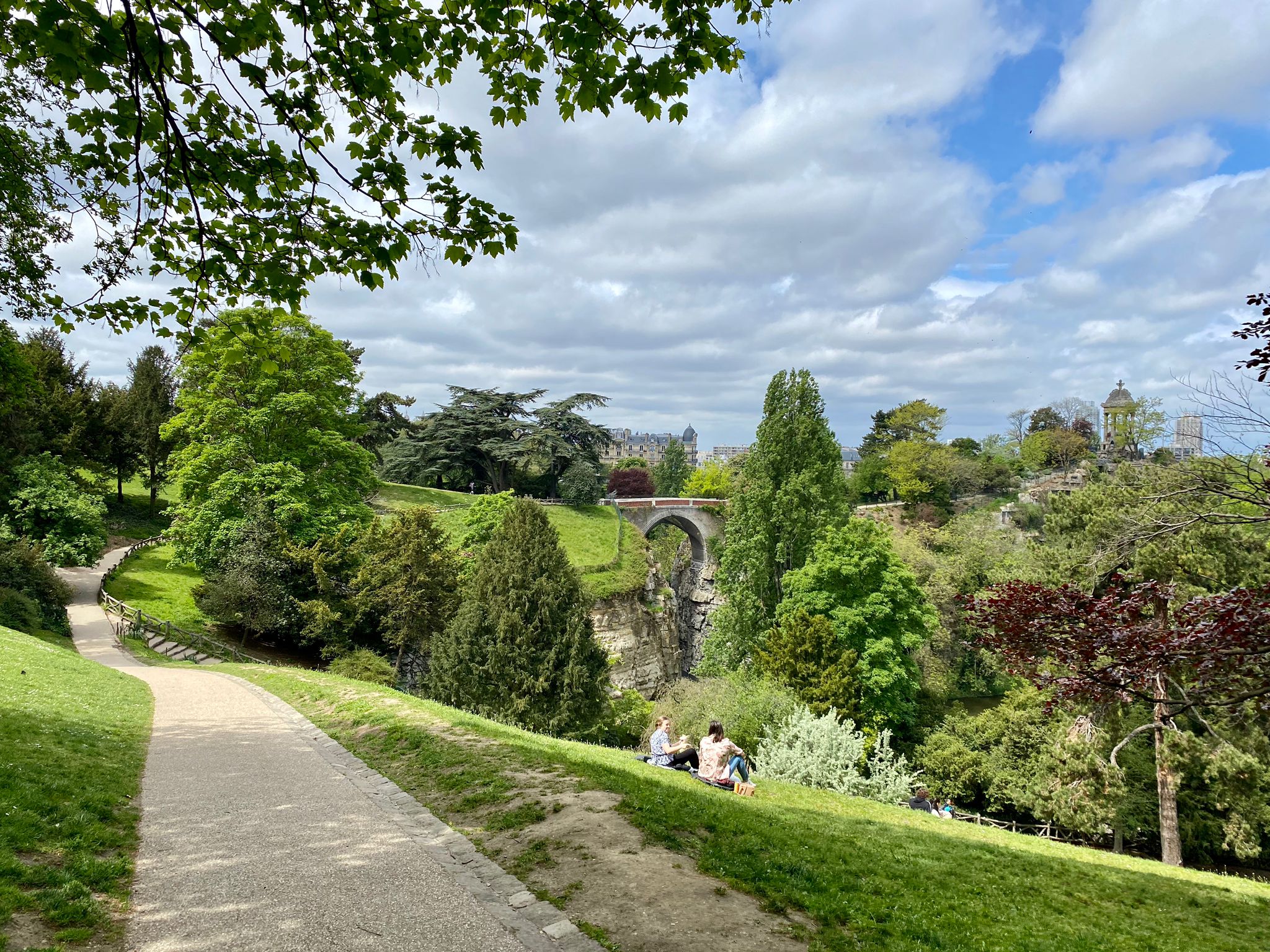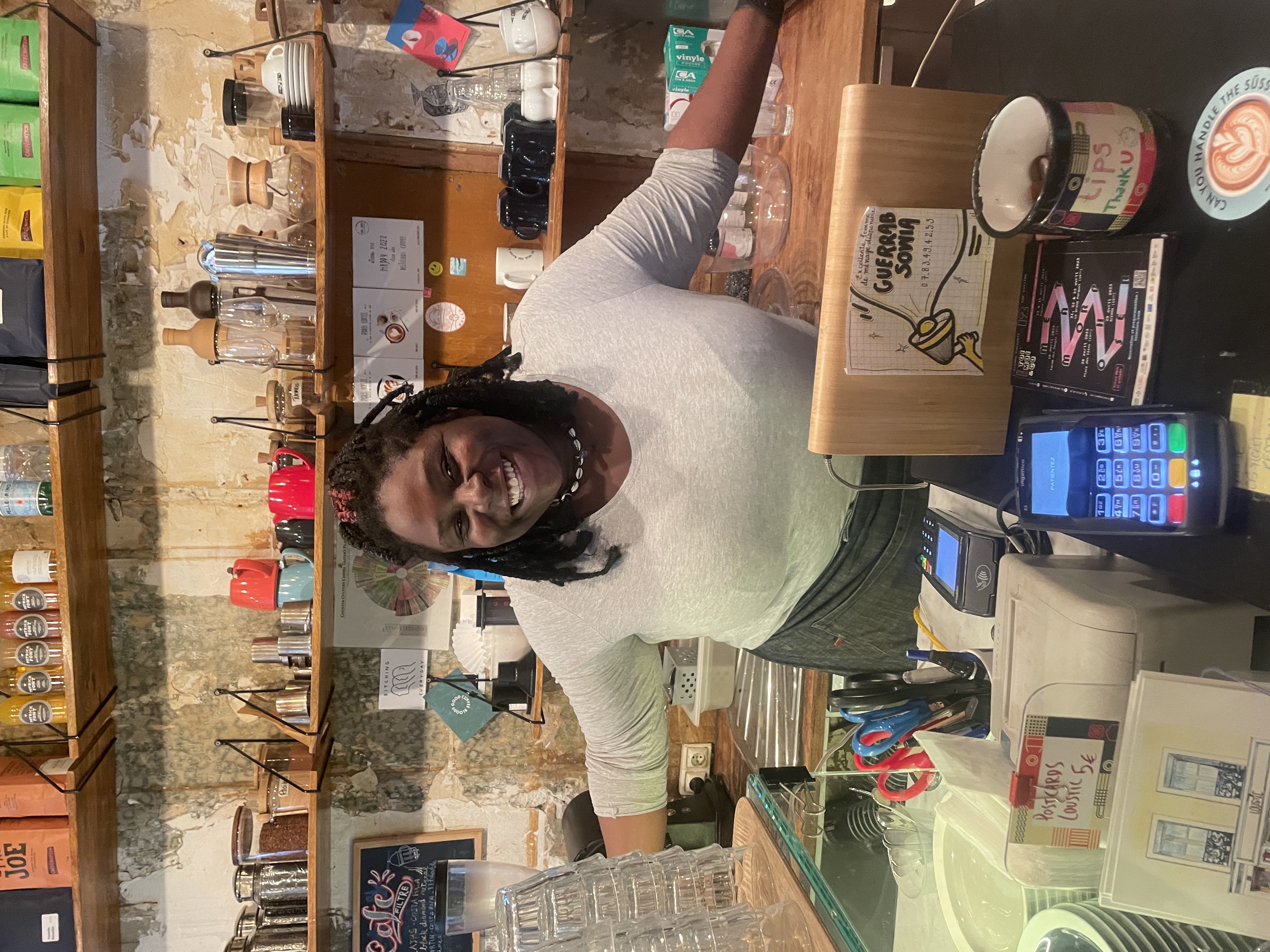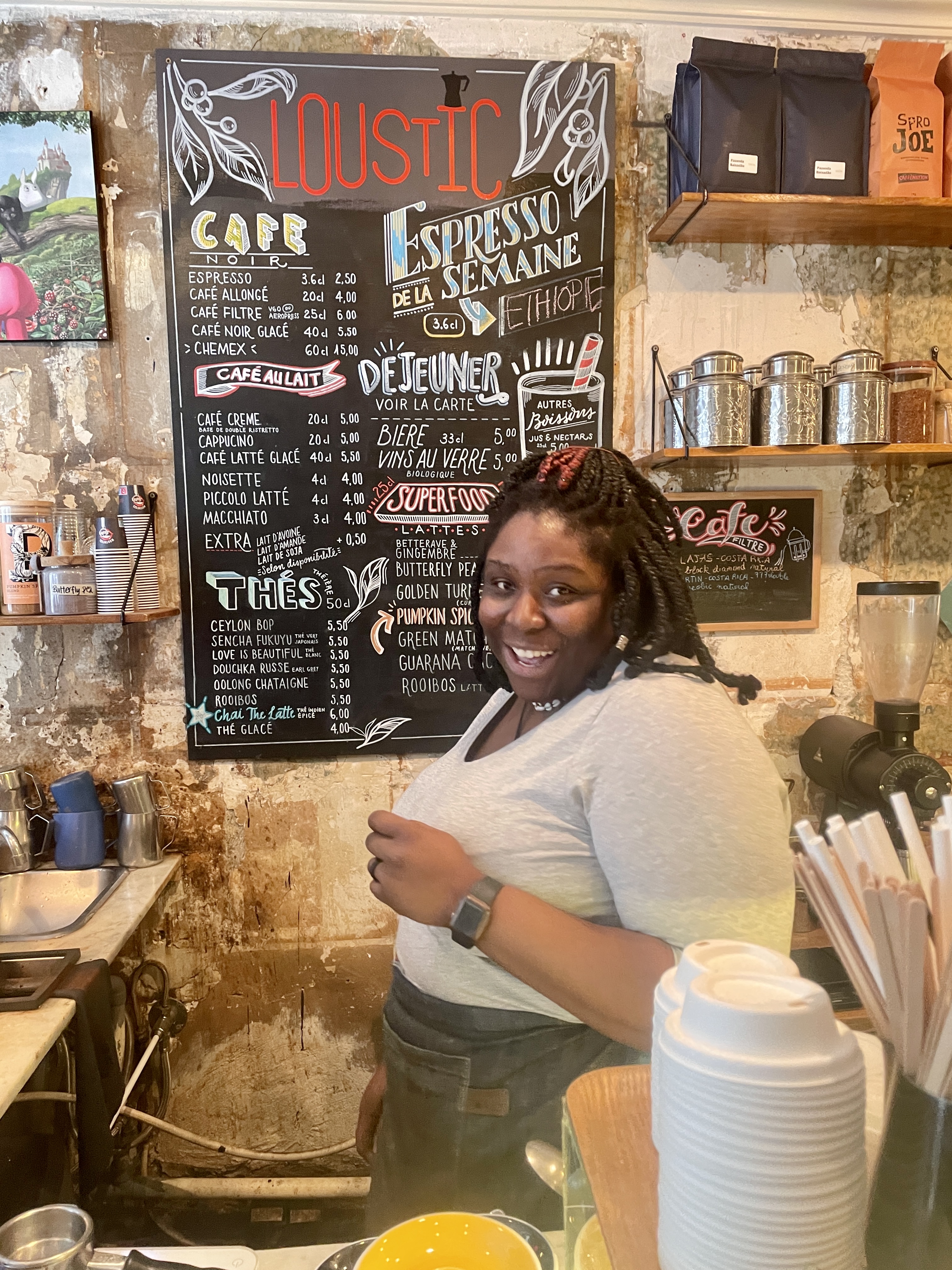What attracted you most about studying at the Paris School of Arts and Culture?
Probably the opportunity to practice writing in a creative environment, meet like-minded people and professional creatives, and also a really good excuse to spend a year in a city like Paris.
How has the course influenced your writing practice?
I’ve definitely noticed an improvement in the overall quality of my writing – mainly thanks to the workshops put on by the tutors here. There’s so many opportunities to practice and improve both technique and content, within the university and outside it. Personally, I try and write as much as I can first thing when I wake up, then get on with whatever work I have to do for the rest of the day, or go to class. Once I’ve done that I write some more, and usually end up in a bar somewhere in the evening. My Baar on the Boulevard Montparnasse, just round the corner from Reid Hall, is a student favourite after class – 3€ for a blonde (lager). There’s also some really cool open mic nights in various bars around Belleville we’ve been going to which are good fun.
What was your favourite module?
Very hard to choose between them, but I think it’s been Paris: Psychogeography, which mainly handled the relationship between the physical space you’re writing in and the writing itself, and Paris: Portfolio, which had some really great outings. Heather Hartley is a wonderful teacher, and it was a real pleasure to have her talk us through her own practices as an editor and writer herself and how we can incorporate some of those techniques into our own work.
Dr Rosa Rogers, who taught Paris: Portfolio, took us to some really interesting places, my favourite being the Musée Rodin, wandering around the gardens and museum filled with beautiful statues and paintings and then writing about them over a Ricard afterwards.
Describe your cohort.
We’ve come from all over, and everyone brings something different to the table. Some had written prose previovus to the course, some wrote poetry, some wrote music, some hadn’t written much at all before they came (not that you’d know it from some of the things they produced). But everyone pulled together and it made for a really nice environment. We tended to bond most over a drink (both alcoholic and non-alcoholic) after Psychogeography classes on Wednesday evenings.
What has been your most memorable Paris moment?
Either wandering the streets of Paris at night with my housemate and stumbling across a sparkling Eiffel Tower almost on accident, or Sam’s (there are two Sams) magazine launch – shameless TWI ST plug – or an old school friend’s gigs in various bars and clubs in the north of Paris. Or open mic nights at the jazz bar round the corner from where I live. To be honest, there’s too many to chose from. There’s always something going on, and no two weeks seem to be the same.
You’re from Hertfordshire in England. What was the transition from your home country to Paris like?
Very interesting – I’ve never lived in a big city before, so it was quite the adjustment. I’ve lived abroad previously so I wasn’t too worried about leaving the UK, but I had no idea how rich and diverse life in Paris would be. It’s a very liberating place. The term metropolis gets bandied about a lot, but Paris really is wonderful– every arrondissement has its own character, and is almost like a small city in itself. Where I live, in the 13th, is quiet and pretty, and you could wander around it for a while and still not see everything, and then there are nineteen other arrondissements to explore as well. There’s something for everyone. And obviously, having friends from the course helped enormously, because you already have a network of people you know you can reach out to, as well as Frank and Naomi, the Kent at Paris administrators, who are always happy to help you out with any questions or queries you might have, be that print shops or paperwork or party spots. Also, the baguettes are unreal.
What advice would you give incoming students?
Just come with an open mind and you’ll be fine. You don’t need to have been a professional writer, or even have written anything at all before you come, so don’t worry about that aspect of it. Practice will start to come naturally once you start writing regularly, which you’ll do in class anyway, and your tutors and classmates will help you with that.
Remember to try and make the most of the other aspects of Parisian life as well, all the museums and exhibitions and galleries and concerts and things. But mainly, that you get out of it what you put in, and you’ll meet some amazing people and experience some incredible things once you put your mind to it.
What are your post-graduation plans?
I’ll be teaching English at the Sorbonne University come September thanks to some connections the University of Kent have with that particular establishment, for which I’m very grateful, so I’ll be in Paris for another year. Feel free to reach out when you get here! After that, who knows – whatever happens, I’ll still be writing and playing music and things, no matter where I’ll end up, but I’ll always have fond memories of Reid Hall, the Paris School campus. Especially of Youki, the cat that lives in the library.
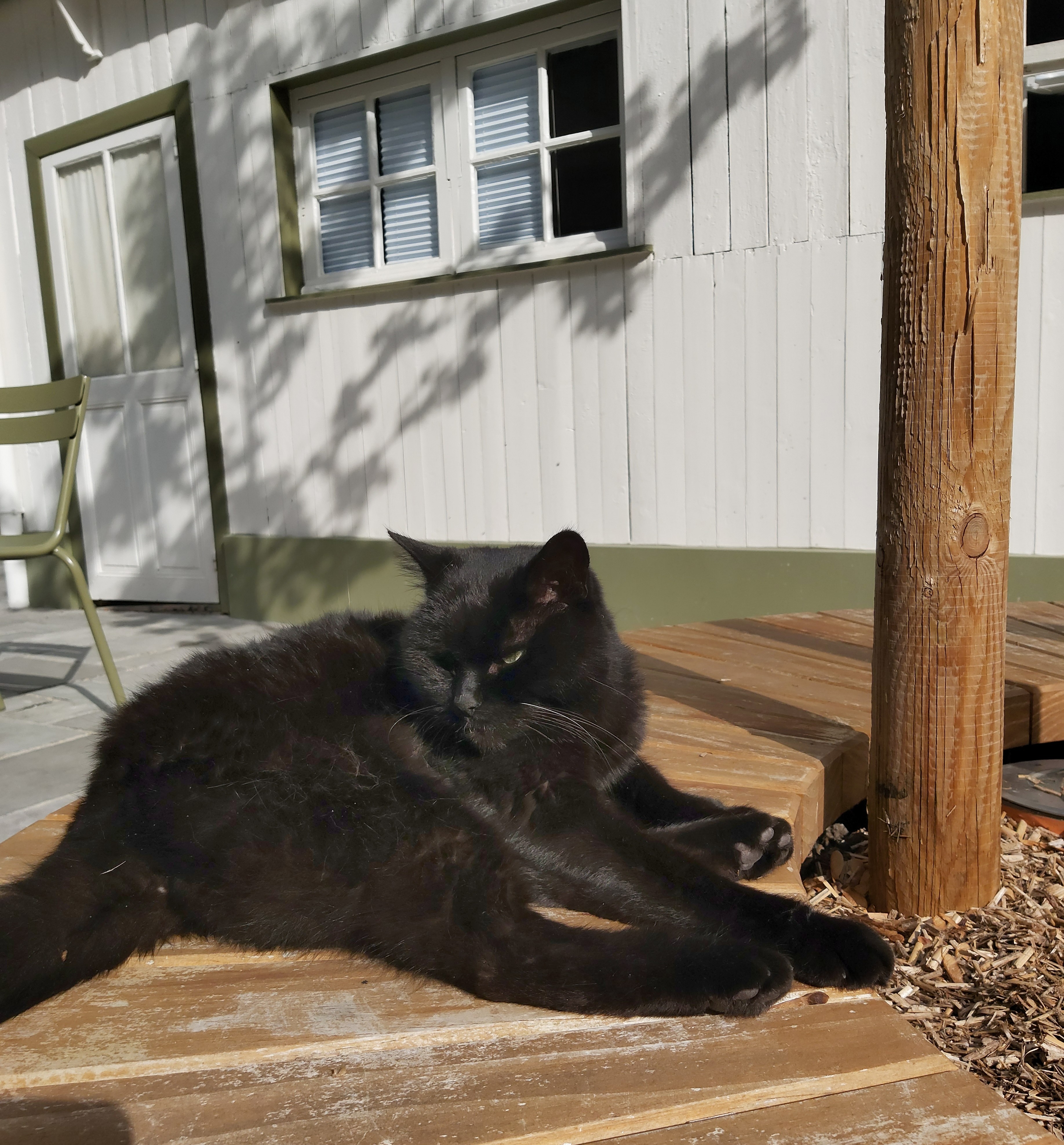
Youki, Reid Hall’s resident cat, on her constitutional.
